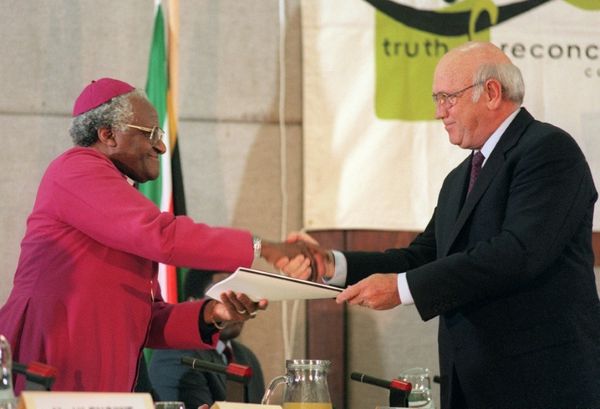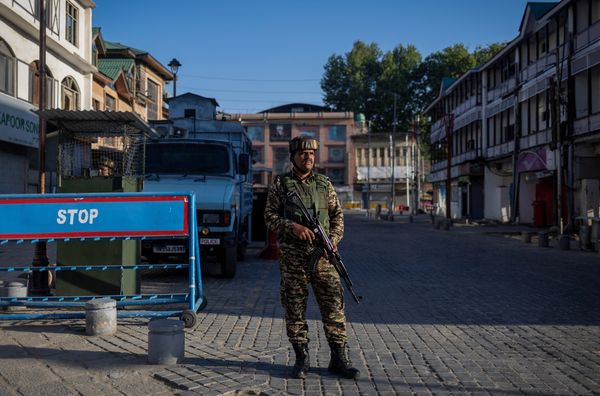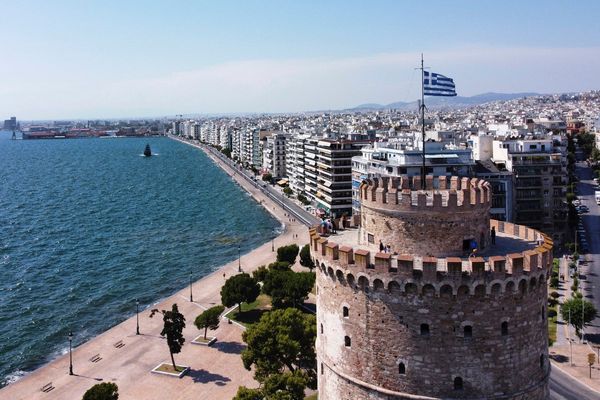
As the cost of living rockets, Canberrans are changing their habits, returning to work early after parental leave and even considering leaving the city.
On Wednesday the release of consumer price figures showed inflation had surged to 5.1 per cent, the highest in more than 20 years.
ANU Centre for Social Research and Methods Associate Professor Ben Phillips said the central cause in cost of living rises had been petrol hikes at the start of the year.
"When you have an increase in something like petrol prices it does tend to filter through across the economy, so we seem to be moving into a higher inflationary period," he said.
"Other areas have been partly influenced by international pressures, particularly in Ukraine, [such as] fresh fruit and vegetables."
Professor Phillips said the financial pressure was across the board, but would be felt most acutely by those already struggling.
"Lower income people have a higher share of expenditure on the basics of living or the essentials, they're also the prices that have gone up mostly," he said.

Lily Parker, a 17-year-old from Braddon, said her family was grappling with the rising cost of rent.
"Me and my family have been renting our whole lives, and currently we live in Braddon and the cost of our house and the living condition is ... so expensive," she said.
"I'm worried that I'll never find a nice place in Canberra because of the prices."
Ms Parker said her family had chosen to live in a nice area with a central location, but it came at a premium.
"We wanted to live in this nice area where it was convenient and easy to get to everything, and we have that.
"But our cost has also gone up recently, which just seems a bit unfair."
An Anglicare survey of rental listings released on Thursday found minimal properties across the country were affordable to people earning minimum wage or relying on payments such as JobSeeker.
Ms Parker said the high cost of living could see her family leaving the city sooner than they expected.
"Our plan is to live here for at least another year, and I don't know if that's going to be a possibility, which will be upsetting," she said.

Ali Rosenfeld, a 36-year-old from Belconnen said the added costs had prompted her to make the decision to return to work from her parental leave, two months earlier than planned.
As a public servant, Ms Rosenfeld will be able to take the rest of her parental leave later, but said she had also changed spending habits.
"Our grocery bill probably hasn't doubled, but feels like it's close to that," she said.
"I'm looking more at meals that maybe aren't as expensive, like trying to incorporate more rice and beans into things."
It also meant less dining out, a move that as a new mother had limited some of her social connectivity.
"I do find myself, if I know that I have leftovers at home, declining to go out to eat with friends," Ms Rosenfeld said.
"I know that with my first daughter I would go out and have brunch quite often with new mums ... and I've probably stuck more to friends that I've already had now."
Ms Rosenfeld said her situation was not dire, but she was carrying concern about how further surges in pricing could affect her family.

Meanwhile, Robert Miller, a truck driver visiting Canberra from Moruya, said his greatest concern was not for himself and his partner, but for their sons who were raising young families.
"The coffee I buy normally [at the supermarket] is about $11, and now it's just gone to $20 in one jump. My muesli has gone from $6 to $10."
"That's OK for us. We can probably afford it but how do young kids do it, raising families?" Mr Miller, 67, asked.
"I've got three boys, with children - how do they do that?"
Mr Miller said he thought ferrying around children to various activities, alongside all the costs of raising a family, had to be costing young people hundreds of extra dollars per week.
He said while politicians were talking plenty about the cost of living, he didn't have confidence in either party to effect real change.
"I can see it only getting worse from here," he said.







